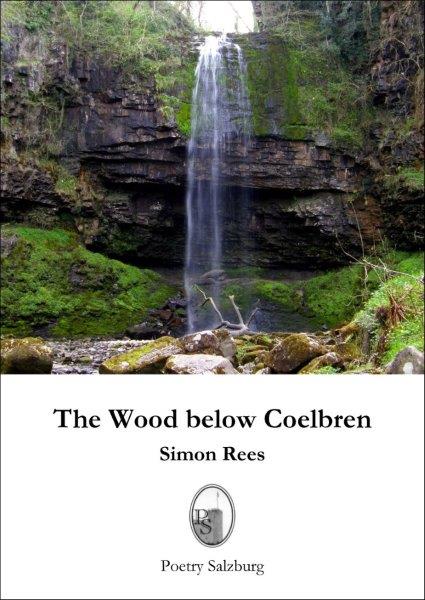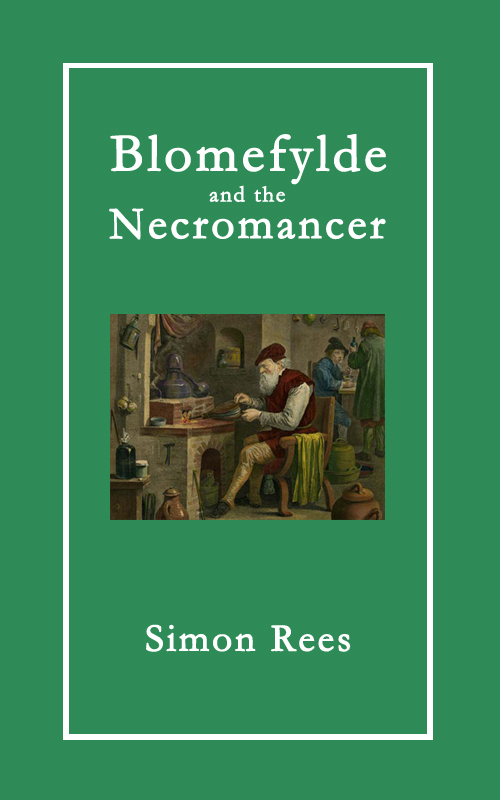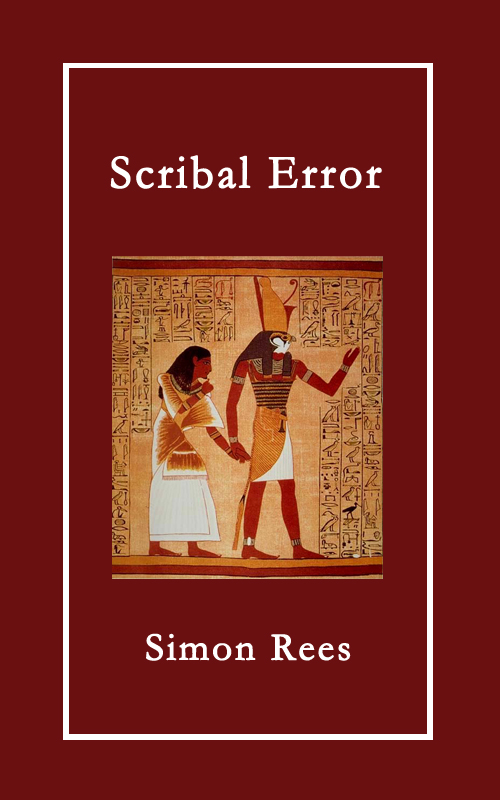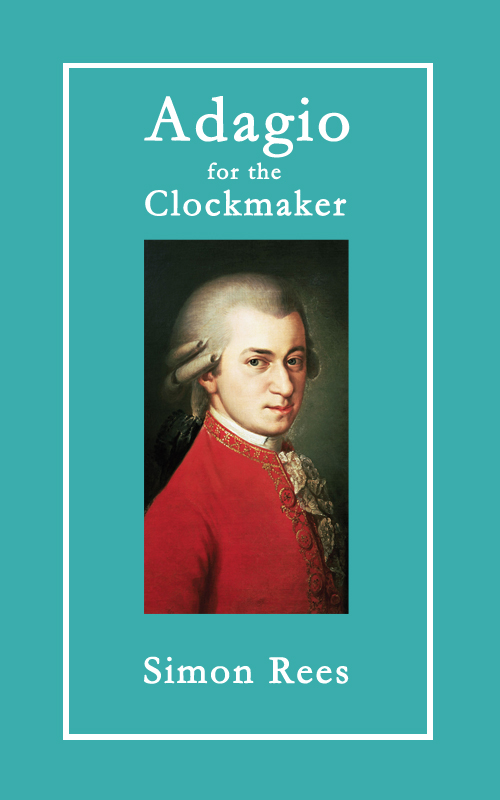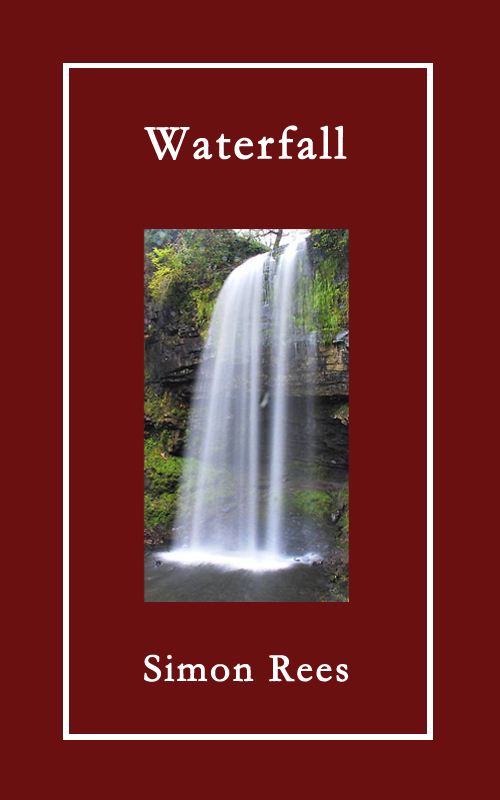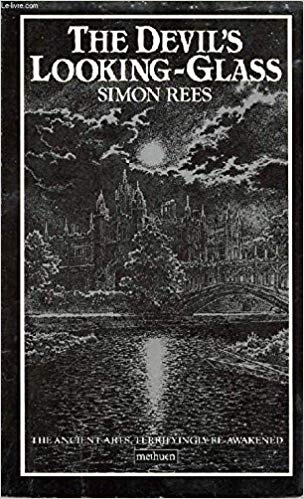Libretto translator
Translates librettos from the original language into another language - in my case, English - while preserving as much of the original's meaning, scansion and rhyme. This is of course an impossible demand: where the sense follows the sound, nonsense is likely to be the result. Where the sound follows the sense, the result can be unsingable.
The librettos I have had greatest satisfaction in translating are those of the Italian opera buffa: Mozart's La finta semplice (The make-believe simpleton), Cimarosa's Il matrimonio segreto (The secret marriage) and Stradella's Trespolo il tutore (Trespolo the tutor). Here, the translator can follow the nonsensical, comical twists and turns of the plot with equally nonsensical, comical rhymes. In particular the patter presents a challenge which is fun to solve, and the intricate rhyming can stretch the possibilities of English to the limit.

My singing translations are the following, and I would be more than happy to add to the list.
Weber, Der Freischütz (The free-shooter) for Welsh National Opera
Dvořák, Jakobin (The Jacobin) for Scottish Opera
Cimarosa Il matrimonio segreto (The secret marriage) for Opera North
Mozart, Ascanio in Alba for Buxton Festival
Mozart, La finta semplice (The make-believe simpleton) for New Chamber Opera
Mozart Bastien und Bastienne for Welsh National Opera
Stradella, Trespolo il tutore (Trespolo the tutor) for New Chamber Opera
Please contact me on simon.rees@dramaturg.co.uk if you would like to commission a singing translation.
Opera Lecturer
I started lecturing for a living in 1986 when I joined Kyoto University as visiting foreign lecturer in English language and literature. I found lecturing to students in their second language a challenge but a pleasant one, and discovered that adding a bit of humour or throwing in the odd joke kept their attention and was a good test for comprehension too.
As dramaturg at Welsh National Opera I built up a series of pre-performance talks over more than twenty years until my audiences swelled to over 200, sometimes (to coin a phrase) twice nightly. Lecturing on opera involves telling the story of the opera as clearly as possible (not always easy, as operas have famously tangled plots) and adding a lot of other information, biographical, historical, musical and irreverent, to the basic tale.
‘A hidden gem at WNO comes in the form of dramaturg Simon Rees and his brilliantly charismatic pre-performance talks. Offering in-depth, 30-minute digests of operas, prepared down to the second, Rees presents an illuminating and entertaining interpretation of the opera’s plot. His knowledge is second-to-none, but what’s most impressive is the ease and excitement with which he communicates with his audience. If you want to enhance your opera experience, then Rees’s turns are not to be missed.’ Opera Now, Jan/Feb 2010, p.81.
I have also lectured on opera, song, chamber music, fiction, poetry and children’s verse all over the UK, in venues ranging from parish halls to the Royal College of Physicians (for a talk on Doctors in Opera, which I have also given elsewhere, and will give again if anyone asks me) and to audiences ranging in age from 5 to just under 100.
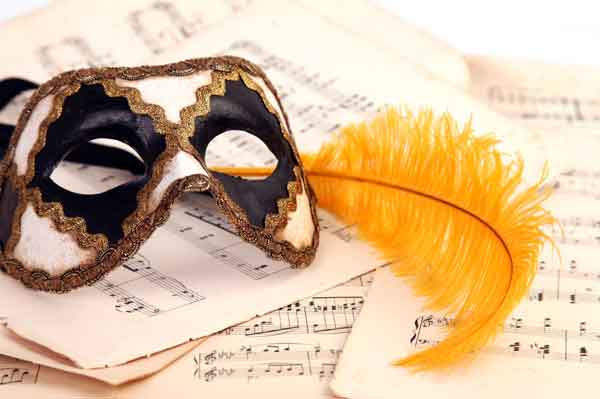
Other lectures, for WNO, Buxton Opera Festival and Dorset Opera, have been specifically designed to persuade audience members to continue to support the art form. In order to do this, I have to be persuasive and entertaining, and make sure that potential donors can see as many reasons as possible for giving generously.
I believe a good talk is as effective a way of communicating information as any, and that whether it is supported by musical illustrations, pictures or video clips it is the speaker who sets the tone by constantly noting the audience’s response and responding to it in turn. Bullet-pointed presentations rarely succeed in the way a good orator can, and at the basis of my talks is a careful study of the techniques of the classical rhetoricians. Honestly, Quintilian and Cicero still have a lot to teach!
I am happy to lecture anywhere and to anybody, on subjects ranging from opera to poetry, from fiction to history, from chamber-music to Lieder, and on Wales, Italy and Japan in particular.
Please get in touch by email on simon.rees@dramaturg.co.uk, or by phone on 07816 662350. I look forward to hearing from you.
Art History and Music Lecturer
I have lectured on opera, song, chamber music, fiction, poetry and children’s verse all over the UK, in venues ranging the National Museum of Wales to the Royal College of Physicians, London.
Other lectures, for WNO, Buxton Opera Festival and Dorset Opera, have been specifically designed to persuade audience members to continue to support the art form. In order to do this, I have to be persuasive and entertaining, and make sure that potential donors can see as many reasons as possible for giving generously.

I believe a good talk is as effective a way of communicating information as any, and that whether it is supported by musical illustrations, pictures or video clips it is the speaker who sets the tone by constantly noting the audience’s response and responding to it in turn. Bullet-pointed presentations rarely succeed in the way a good orator can, and at the basis of my talks is a careful study of the techniques of the classical rhetoricians. Honestly, Quintilian and Cicero still have a lot to teach!
I am happy to lecture anywhere and to anybody, on subjects ranging from opera to poetry, from fiction to history, from chamber-music to Lieder, and on Wales, Italy and Japan in particular.
View example of history presentation from WNO here:
Please get in touch by email on simon.rees@dramaturg.co.uk, or by phone on 07816 662350. I look forward to hearing from you.
Page 2 of 3


